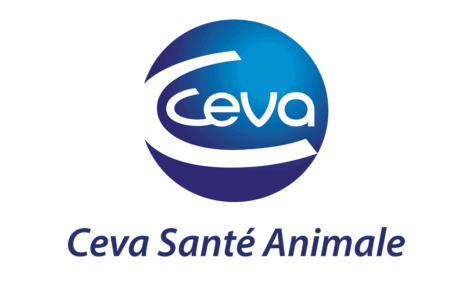



Crisis in Ghana's Poultry Industry
GHANA - Poultry farmers say the industry is in crisis, blaming government policy, lack of investment capital, high feed costs and imports of cheaper frozen poultry meat.Ghana's poultry farmers are unhappy with the country’s governments over the handling of the poultry sector, according to Ghana Business News.
The farmers expressed their dissatisfaction at a forum in Accra. They are blaming governments, both past and present, for letting the poultry industry down.
During a Ghana Business Report debate on the topic 'Is Importing Chicken Good for Ghana?' held in Accra on 1 August, the farmers argued that the country seems to be clueless about how to save the industry. They added that governments keep repeating policies on poultry whenever a national budget is read. They say governments make promises to help farmers to acquire equipment and increase taxes on imported chicken.
They cited a budget statement which indicated that government will help poultry farmers to increase production to meet the domestic demand of the country by the year 2012.
According to the poultry farmers, there was a time that parliament passed a law to increase taxes on the importation of frozen chicken but that law was never implemented due to pressures from the International Monetary Fund (IMF). They said that the law was not meant for the poor.
"They are taking us for granted and they seem to be getting away with that," one poultry farmer said.
When ghanabusinessnews.com interviewed the 2007 National Best Farmer, Alhaji Abdul Salaam Akate, who also participated in the forum, he bemoaned the situation, saying it is becoming more challenging to farmers and it will get out of hand if government does not act to deal with it.
Alhaji Akate, the managing director of Akate Farms that has over 600,000 birds including hens and chickens, said: "Clearly if you listen to the discussions, you can say that there is crisis in the poultry industry."
He buys about 200 tonnes of maize a week to feed the livestock now that prices of "soya-beans and other products are high".
He added: "Borrowing is very costly to the farmer…In the olden days, we used to have something like an agricultural loan and the interest rate was good but its no more there and the challenges are many."
Mr Akate's company is a recipient of the Chartered Institute of Marketing Ghana (CIMG) Best Agro Company Award.
When asked how his farms are dealing with the high interest rates from local banks, he said there is nothing to do about it, saying: "Yes we are competing with those high interest rates and you know it is not easy to compete with those going to China to import and repay in three months."
As a country we need to sit down and government needs to do something completely different rather than what "we are doing now about it other than that it will come to a time that the poultry industry will find it difficult to operate", he noted.
He encouraged government to have a specialised farm to grow maize to feed the poultry industry.
The last time Ghana conducted a full-scale census on the poultry sector was in 1996, according to the Corporate Affairs Director of Finatrade, John Awuni. He describes it as unfortunate, saying government needs statistics to develop a holistic plan for the industry.
A deputy Minister of Food and Agriculture in charge of Livestock, Dr Tia Sugri, admitted that the poultry industry has been facing some challenges and that government plans to support farmers to grow more soya in large quantities for the poultry sector.
Participants lauded government for bringing the agriculture sector under the Export Development and Investment Fund (EDIF), which will give loans and credit to farmers to enhance their production.
Already, private sector operators have urged government as a matter of urgency to establish a National Agriculture Fund if its desire to reform the economy with an emphasis on accelerated agriculture modernisation is to become a reality.
Ghana Business News reports that Dr Sugri hinted of government's plans to establish a poultry development fund, which will boost poultry production in the country to meet demands. The forum was organised by Channel Two Communications.








